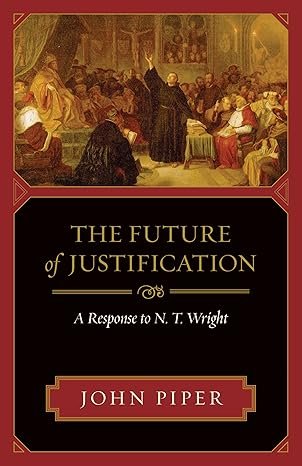If you are really interested, the first step would actually be understanding where NT Wright is coming from.Very good. I read the article and it explains some of the movement he underwent over the years.
I've started several times to do this, but I lacked the interest. Maybe I'll pick it up, but it seems to be an issue within a camp I have left.
If it helps, the issue is "the New Prespective on Paul", which is not really new at all. Contemporary interest (a redurgance?) Began in the 1970's with Sanders. I have read his view. From there you have a few others before getting to NT Wright. Dunn coined the term "New Prespective on Paul" in the 80's.
Each biblical scholar came to their own conclusions, but they started with the same observation -
That Paul was less focused on works based salvation than he was on the Covenant and ethnic inclusion of Gentiles. They observed that the Reformers assumed the issue with 1st century Jews was the same issue that they had with the Roman Catholic Church.
Instead of the 1st century Jew seeking to earn salvation through works, these theologians held that the 1st century Jew believed they were God's chosen people based on their birth (their ethnicity). If this is true then the issue of works, even for the 1st century Jew, was a matter of signifying a future state of inclusion.
From there each went their own way in terms of developing their views.
What I do like about NT Wright is he makes very good observations concerning the problem with the view of the Reformation and he states that his solution (his conclusion) is probably wrong and has often urged others who hold a Reformed position to join in the dialogue.

